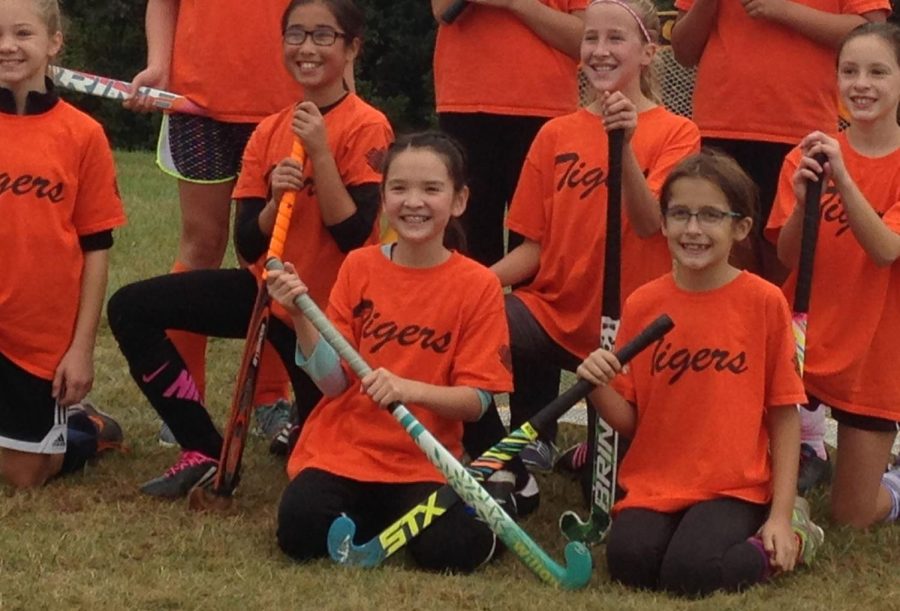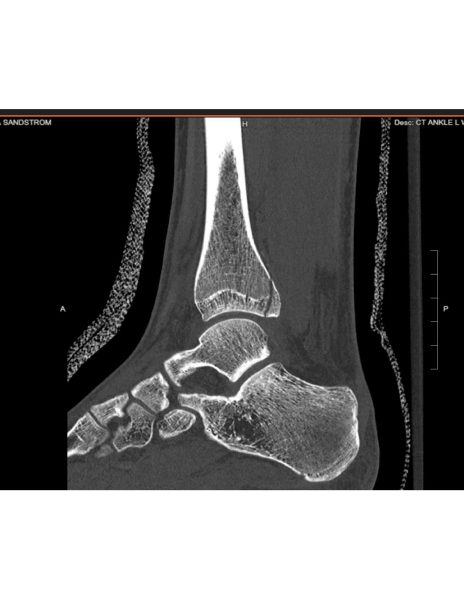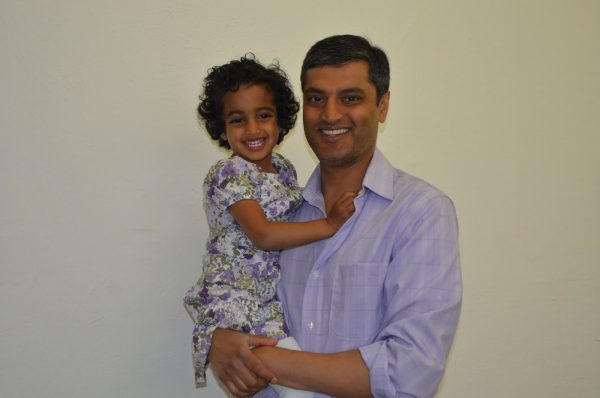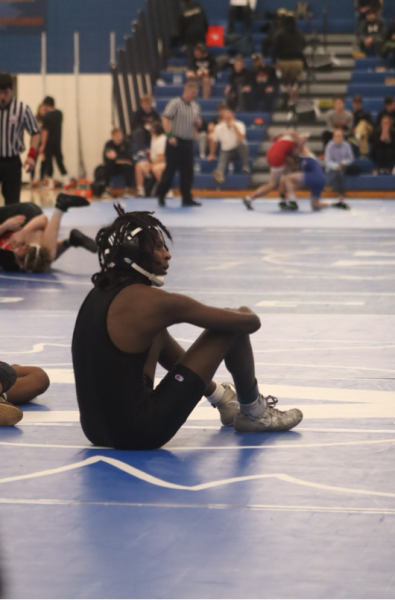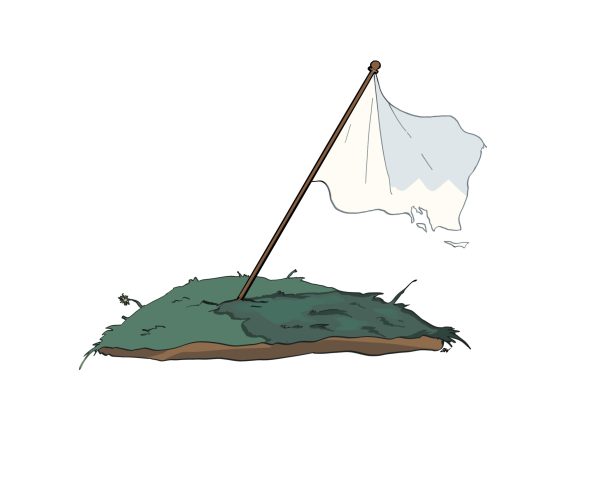Never the Best
“The best.” The best player. Even the best defender. The second best?
I’ve never stood out on any field hockey team I’ve been on, yet I’ve played the sport since the summer before third grade. In Rec&Ed, you didn’t have to really be good, yet, and I could simply be a kid learning to play on a team.
By the end of middle school, other girls were devoting hours to honing their skills on astroturf strips in their basements, pulling the plastic balls around cones and smacking them against wooden boards. I wasn’t that interested. I’d go to practice, and that was enough for me.
I wasn’t oblivious to the changes in skill level. Standing on the sideline, watching my teammates tear across the muddy grass, I knew that wasn’t me. Thus began my stagnancy.
Not as good became I shouldn’t do it if she can do it better. I didn’t want the ball — didn’t want to step to it or receive it. If it was on my stick, it was off to a teammate as soon as possible. Why should I try to maneuver around my opponents with sloppy pulls and stumbling feet if my teammate can gracefully twist around them, poised and head high?
I held myself back, believing if I already wasn’t good enough, I needn’t try my hardest.
So why keep playing? Girls are in clinics, personal trainings, extra practices for years, and I’m there to play a sport? High school teams, particularly during preseason, have an odd dynamic when you know some of you are playing D1 next year and some have never held a stick before.
Everyone is running together, even if those at the back take breaks to walk briskly on scalding sidewalks. Drills include everyone, even when your shot is several feet to the right of the goal cage.
High school field hockey involves a multitude of emotions. You’re embarrassed, but that can’t cover your awe at the perfect lift or the deceptive pass as the senior with the long ponytail grins, dripping sweat in the beating sun. There’s grief, at not ever being good enough, at not having a seemingly telepathic connection with your teammates, and at not having a path set in stone with a signed commitment to a school. Envy, of course, but the team never purposefully makes you wish you were good enough — you just didn’t put in the effort.
Still, I chose to be there, year after year. Though “I’m going to quit” was heard as often as a broken record, I never did. Aside from the darker emotions, there was the team. Seeing those girls every day for four months, for four years, is what I will miss the most; never to experience it again. Preseason, horrible in the midst, would pass, and I’d be back with junior varsity. The varsity girls were always sweet but so terrifying, and though I wanted to be good, I knew the lower stakes of JV were best the first couple of years. The intensity with which varsity operates, never not thinking about the state championship, could be felt from the other side of the field.
Even without such a goal, I spent countless hours on that Main Street field. Balancing other parts of my life with field hockey, the thought crossed my mind: why devote so much, if it’ll never really get you anywhere? I could be spending this time on homework, reading, or with friends, but I came back each year. Being there was an irreplaceable part of my high school experience, dread and joy and all.
Doing something and knowing it won’t last is still worthwhile. I knew I’d never go on to play field hockey in college or further, and I played anyway.
To be the best has its value. To not be the best, or even the second or third best, and still find joy and love in the sport, does too.




